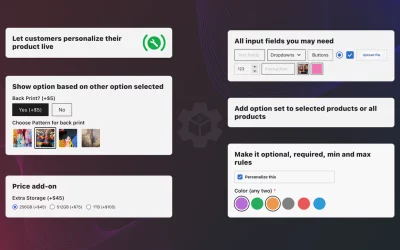Quantum computing is a technology that promises to revolutionize the way we process and store information. Unlike traditional computers, which use bits (binary digits) to represent data, quantum computers use quantum bits, or qubits.
One of the key advantages of quantum computing is its ability to perform certain calculations much faster than traditional computers. For example, quantum computers can solve certain problems related to cryptography and optimization that would take a traditional computer millions of years to solve. This makes them particularly useful for tasks such as data encryption, drug discovery, and machine learning.
Another advantage of quantum computing is its ability to process and store much more data than traditional computers. Quantum computers can store and process vast amounts of data simultaneously, making them ideal for big data and artificial intelligence applications.
Quantum computing is still in its infancy, and the technology is not yet mature enough for practical use. However, many leading technology companies and research institutions are investing heavily in the development of quantum computing technologies.
In addition, the field of quantum computing is still under research and development, and there are various approaches to build a quantum computer, like superconducting qubits, topological qubits, and trapped ions. Each of them has its own advantages and limitations.
It’s worth noting that the development of quantum computers also brings challenges such as dealing with noise, maintaining coherence, and dealing with the complexity of the software to control the quantum computer.
Despite the challenges, the potential of quantum computing is enormous, and it has the potential to revolutionize many industries and change the way we live and work. As the technology matures, we can expect to see more practical applications for quantum computing in the near future.




